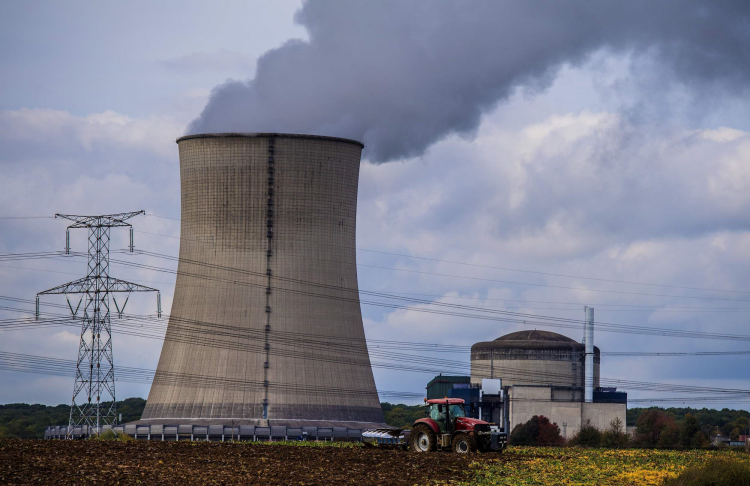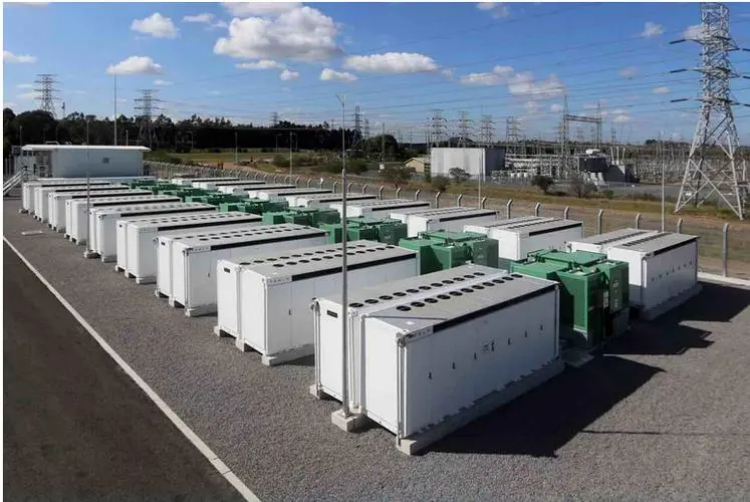
The global energy market has undergone significant changes in recent years, with the rise of emerging energy sources, the transformation and upgrading of traditional energy, and the restructuring of the global energy governance system profoundly influencing the landscape and trends of the global energy market.

The Rise of Emerging Energy Sources
Accelerated development of renewable energy: Renewable energy sources such as solar power, wind energy, and hydroelectric power have experienced rapid growth on a global scale. Initiatives like the European Union's "Clean Energy Package" and China's "Green Energy Revolution" plan aim to increase the share of renewable energy to a significant extent, replacing traditional energy sources.
Widespread application of bioenergy: Bioenergy, as a clean energy source, has also gained widespread use in the global energy market, particularly in rural and remote areas.
Promising prospects for hydrogen energy: Hydrogen energy, not only a clean energy source but also possessing high energy density and easy storage, requires the establishment of future industrial chains and business models. It faces clear opportunities and challenges.
Transformation and Upgrading of Traditional Energy
Accelerated transition in the oil industry: Traditional oil companies are speeding up their transition by developing new high-efficiency energy technologies and optimizing traditional oil field production methods to enhance their competitiveness. They are also diversifying towards hydrogen energy, wind energy, solar energy, and other directions.
Rapid expansion of the natural gas market: Natural gas, as a clean and low-carbon energy source, has received significant attention from governments worldwide. It has vast market prospects and is expected to become an emerging industry within the traditional energy sector.
Pressure on the coal industry: With increasing environmental awareness, the coal industry is facing growing pressure and challenges globally. It needs to accelerate its transformation, upgrading, and innovative development to adapt to the trend of industrial upgrading.

Restructuring of the Global Energy Governance System
Energy security in the new global energy market landscape: Changes in industry structure, international trade, and climate change pose significant challenges to the global energy market. Addressing these challenges requires robust energy security and supply chain management.
Multilateralism in the global energy market: The current global energy governance system is undergoing significant changes, with potential adjustments to institutions and rules. The application of new technologies such as artificial intelligence and blockchain is driving the digitalization, intelligence, and integration of the energy market.
Diversification of the global energy market: Energy markets in different regions and countries worldwide are experiencing rapid changes. For example, the shale gas revolution in the United States and the growth of natural gas supplies from Russia have led to a sharp decline in global natural gas prices.
In conclusion, the global energy market is undergoing a period of rapid transformation. The rise of emerging energy sources and the transformation and upgrading of traditional energy are reshaping the global energy market landscape. Against the backdrop of the restructuring of the global energy governance system, strengthening global energy security and international cooperation, promoting market diversification and intelligence, are key to driving global energy development.
